
Historic buildings threatened by budget cuts

A government plan to slash funds for heritage conservation has overshadowed the annual awards ceremony for Historic Hotel of the Year.
The top prize went to the Hotel Giessbach on Lake Brienz, but there was widespread concern for the future of other historic hotels and monuments in urgent need of restoration.
Wednesday’s presentation by the Swiss-branch of the International Council on Monuments and Sites (Icomos) is designed to reward and encourage the preservation of Switzerland’s illustrious hotel heritage.
It was received by Franz Weber, the Swiss environmental and animal rights activist, who successfully started a foundation 20 years ago to save the Hotel Giessbach from demolition.
However, the event was dogged by fears that other historic buildings may not be as fortunate if a government plan to reduce funding goes ahead.
The government currently earmarks SFr36 million ($26 million) annually for heritage preservation and archaeology, but that could be slashed to SFr27 million by 2007 if parliament approves the plan.
The plan was put forward by David Streiff, the head of the Federal Office for Culture, who wants to use the money to promote the Swiss film industry.
Government under fire
Conservators openly criticised Streiff who attended the event.
“Because of the cuts, restorations will either be made now or never – not just postponed, as the government has suggested in its attempt to downplay the situation,” said Jürg Schweizer, head of monument conservation in canton Bern.
“And if badly needed restorations aren’t carried out, many heritage buildings will fall into such a poor state of repair that there will be no choice but to tear them down,” he told swissinfo.
Roland Flückiger, head of the awards jury, warned that any budget cuts could have a major knock-on effect.
He said every franc provided by the federal authorities generates at least SFr8 from other public and private sources.
“That is eight francs that are invested in highly skilled jobs – people that work in monument restoration,” said Flückiger.
“In my opinion, it’s a politically and economically fatal move.”
Budget pressure
Streiff countered his critics by saying he was under pressure to cut his budget and had to find money for the Swiss film industry.
“As much as heritage is important to us, the constitution says the cantons are responsible for monument conversation, whereas the federal government is obliged by the constitution to fund Swiss films,” he told swissinfo.
Streiff also scoffed at the notion that the government decision could spell doom for many historic buildings.
“Many old buildings and hotels are endangered because of a lack of sensibility on the part of their owners, who don’t appreciate their historical value,” he said.
Prize-winner Franz Weber, who saved the Giessbach through a private initiative, insisted the government should take its responsibilities for heritage protection more seriously.
“Voters have to force the government to act,” he said. “Concerned citizens have to drum up enough support to attract the attention of the media, and then we can expect results. That’s what happened with the Giessbach.”
Grand Hotel Locarno
Flückiger said conservators are now concerned about the plight of other historic hotels including the Grand Hotel Locarno, where world leaders signed a treaty in 1925 in a vain attempt to prevent another world war.
It is threatened with demolition, and although the government cannot intervene to save it, conservators agree that the proposed budget cuts send the wrong signal to property developers who want to tear down the grand hotel.
What is at stake is a loss of the country’s cultural heritage, which, as Flückiger points out, is unique because Switzerland was one of the first nations to develop a tourist industry.
“Tourism was the most important economic factor in Switzerland in the 19th century, so it’s not surprising we have the highest concentration of heritage hotels in all of Europe,” reflected Flückiger.
“These hotels are a trump of ours that we can use to market Switzerland as a holiday destination with a proud cultural heritage.”
swissinfo, Dale Bechtel in Brienz
The Historic Hotel/Restaurant of the Year award is sponsored by the International Council on Monuments and Sites (Icomos), in cooperation with the Swiss Hotel Association, GastroSuisse and Switzerland Tourism.
The Hotel Giessbach on Lake Brienz, which was built between 1873 and 1875, is this year’s winner.
Honourable mention went to the restaurants Ruggisberg in Lömmenschwil, Löwenzorn in Basel and the Gasthof zum Löwen in Meilen.
According to Roland Flückiger, who has published two books on Switzerland’s historic hotels, there were 3,600 hotels in the country at the outbreak of the First World War. Today there are just over 5,000.
Following the Second World War, the government favoured the demolition of Belle Époque hotels, and public donations were also solicited, for example, to “cleanse” Mount Rigi of its historic hotels.
Flückiger says that it was not until the 1970s that the Belle Époque hotels once again found appreciation in architectural circles.
A final turning point came in 1995 during a conference on the preservation and operation of heritage hotels.

In compliance with the JTI standards
More: SWI swissinfo.ch certified by the Journalism Trust Initiative

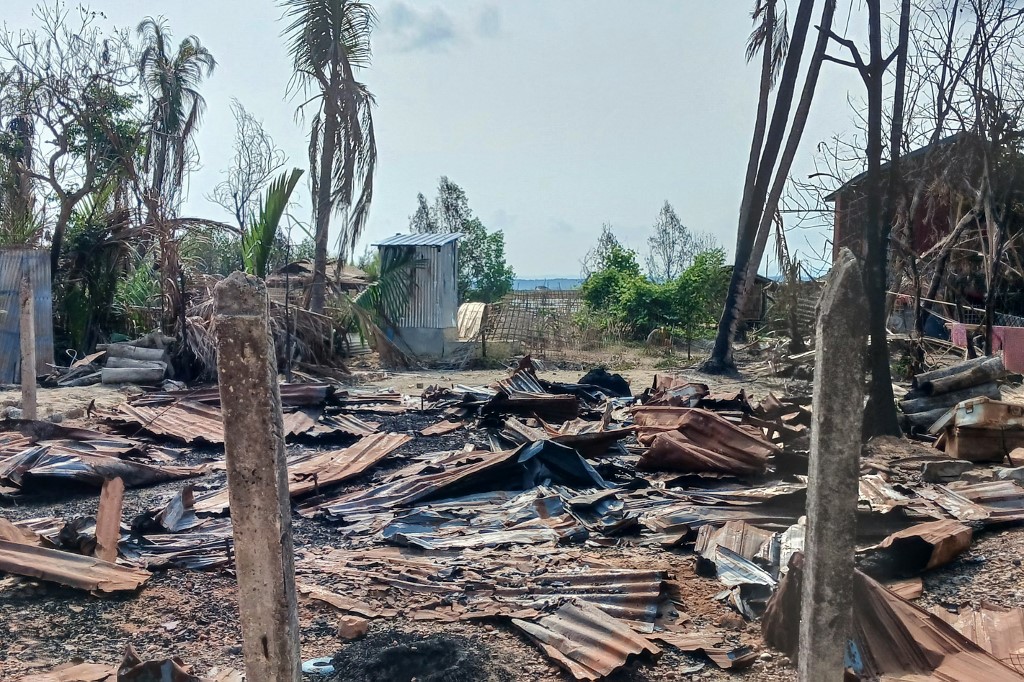
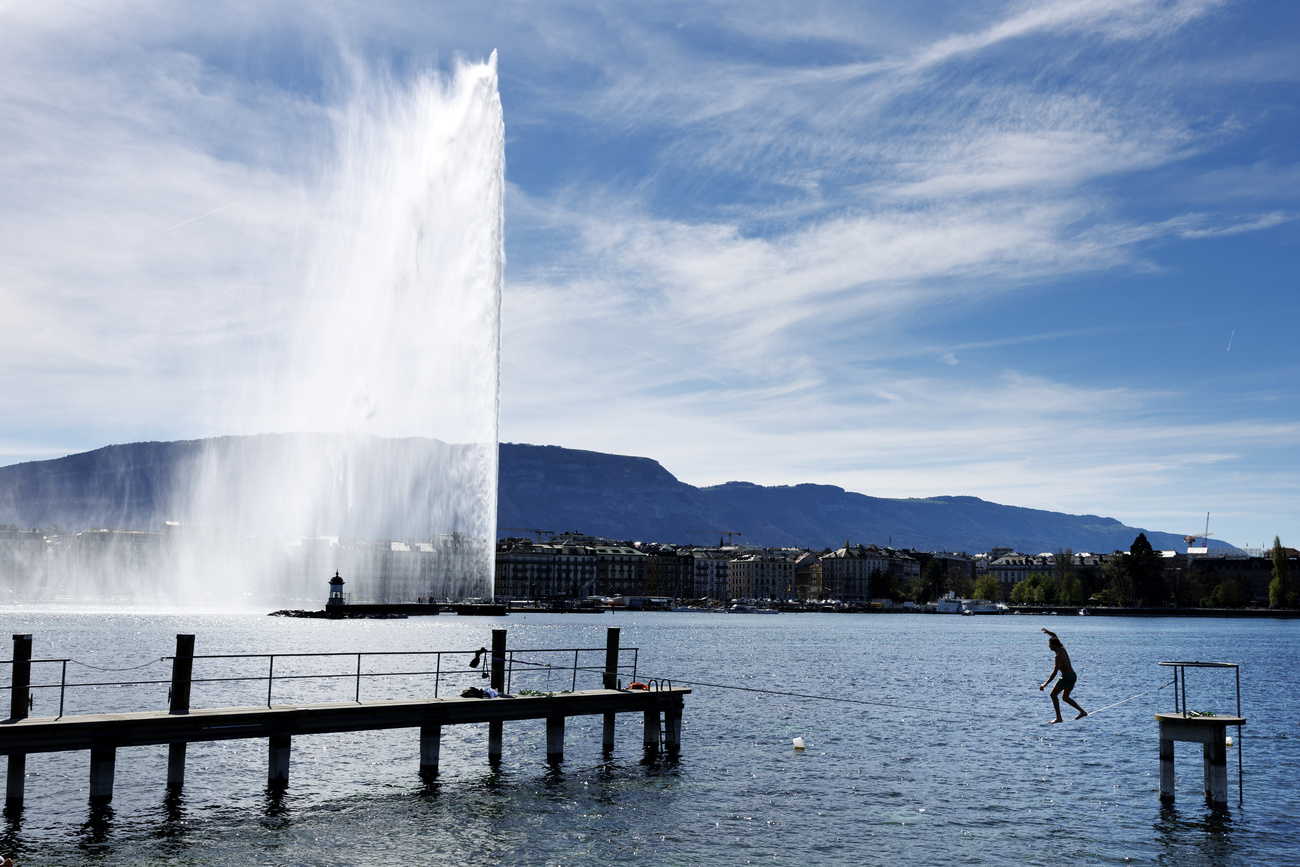



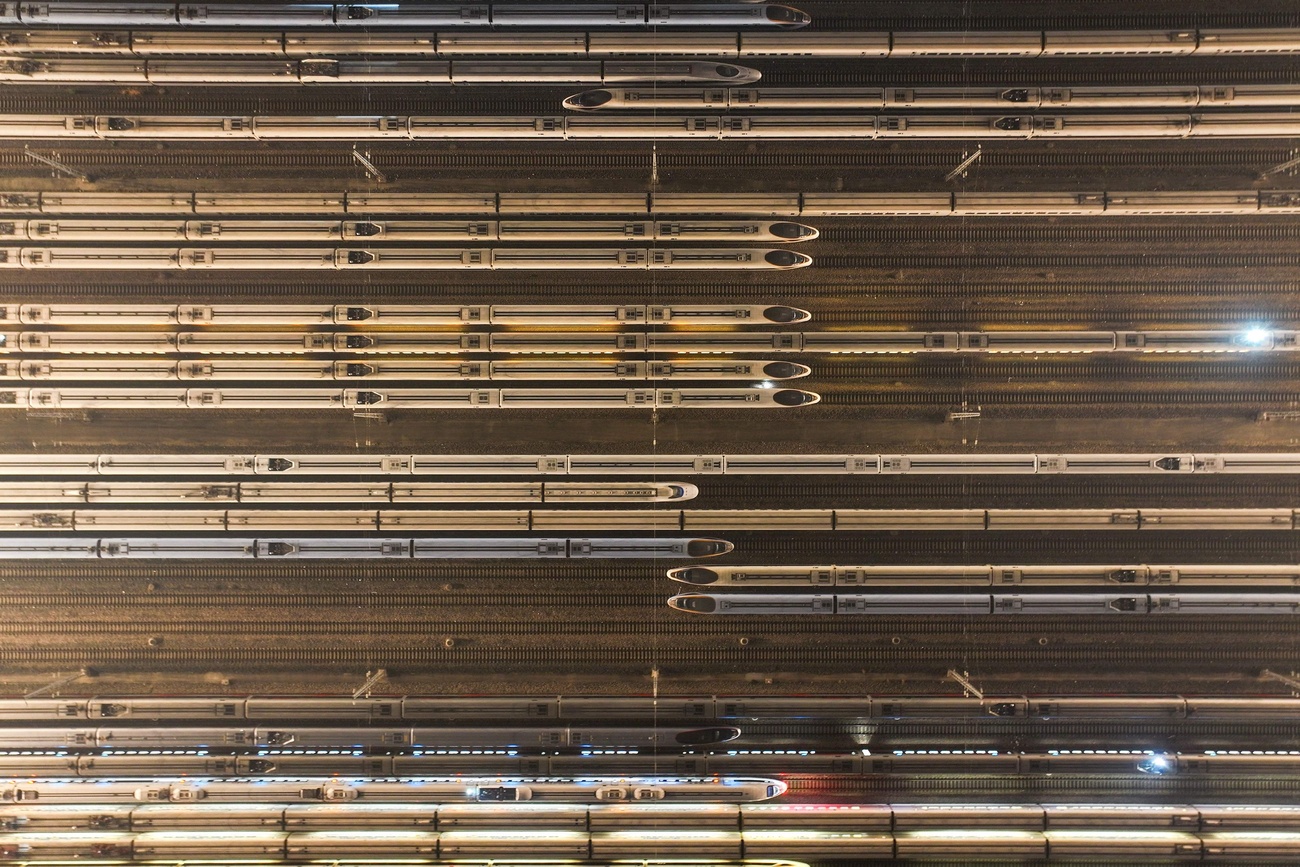









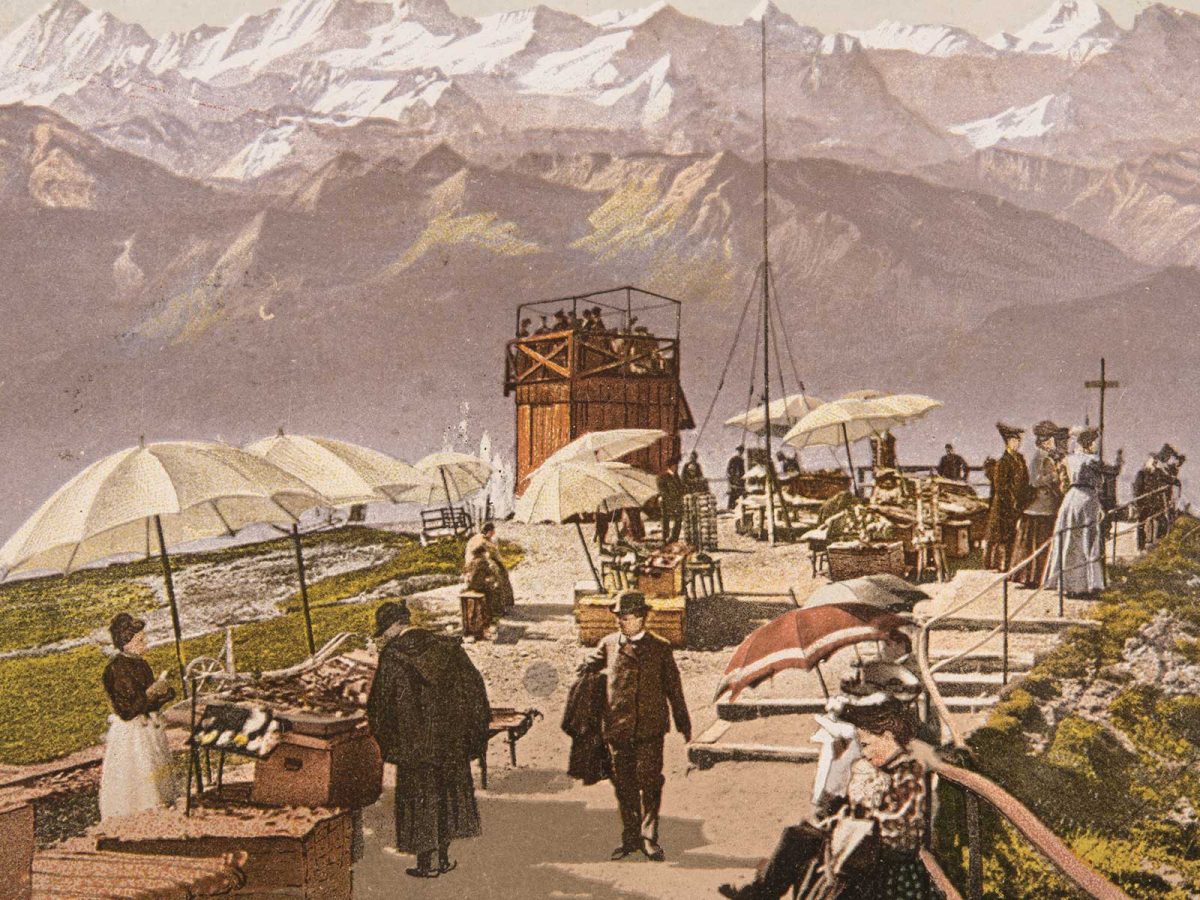









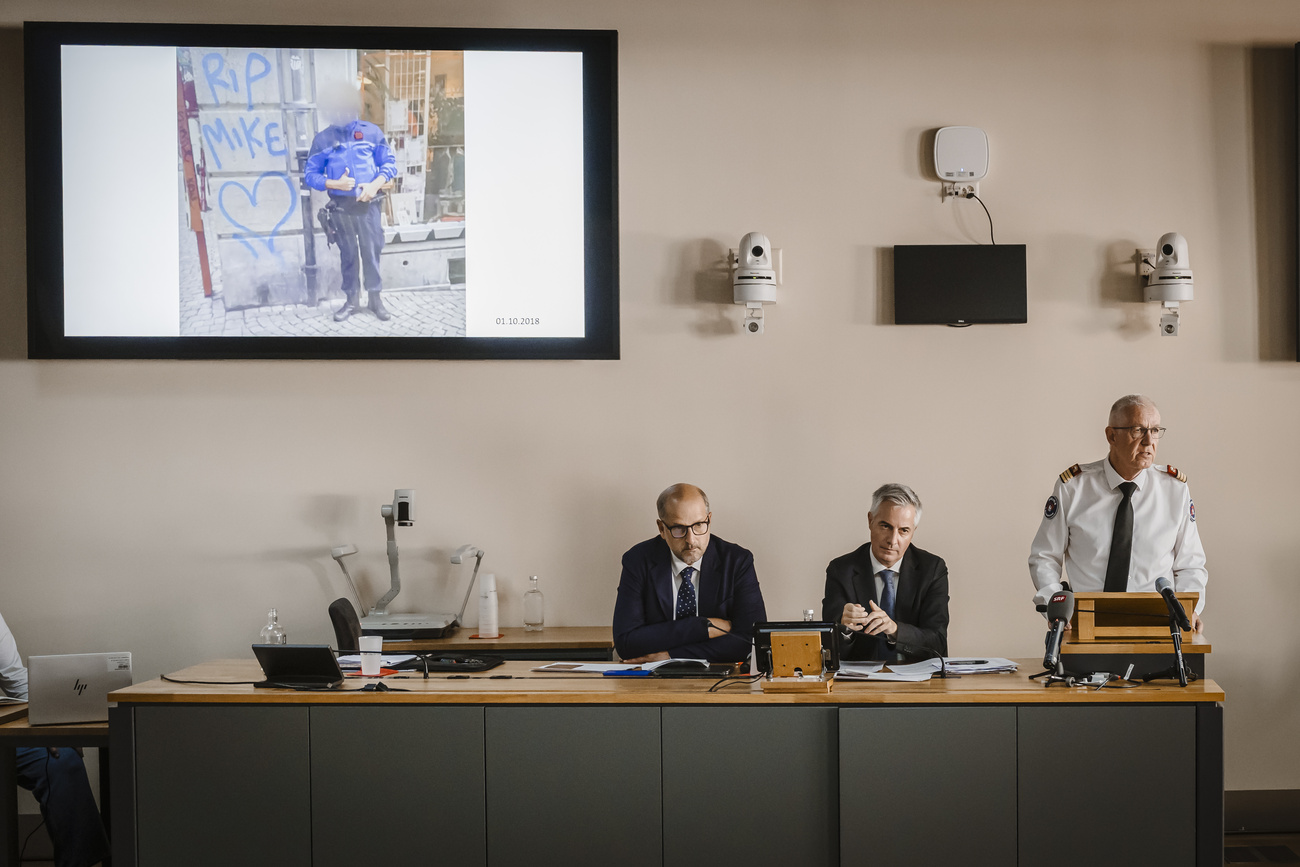











You can find an overview of ongoing debates with our journalists here . Please join us!
If you want to start a conversation about a topic raised in this article or want to report factual errors, email us at english@swissinfo.ch.